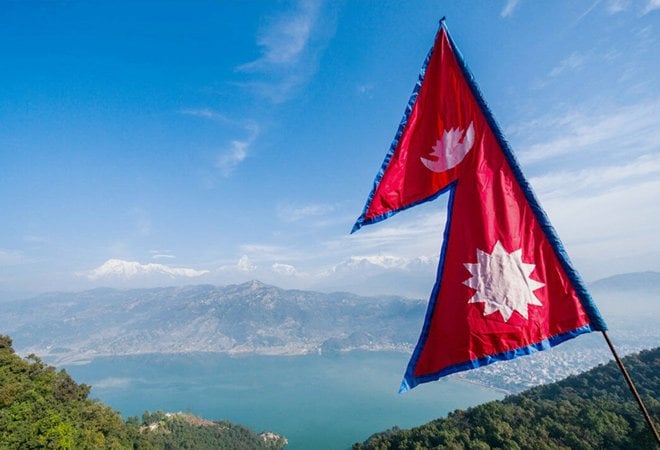The economic crisis in Nepal

Nepal is no new when it comes to facing the economic crisis. That's why it is listed as one of the poorest countries in the world. It has been facing in the past and has been growing with more challenges which is a concern for the country as well as the concerned country’s citizens.
Nepal's economy has been facing a crisis due to various factors such as a lack of investment. This lack of investment can have several negative impacts on the economy, businesses, and individuals such as unemployment, limited innovation, economic stagnation, diminished quality of life etc. The other challenges for the economic crisis are unmanaged planning and natural disasters. Unplanned management can have significant negative effects on the economy. Businesses and organizations need to plan strategically to avoid wasting resources and making suboptimal decisions. Insufficient planning can lead to inefficiencies that ultimately harm the success of the company. Whereas on the other hand, natural disasters may lead to short-term crises or long-term consequences. Disasters can have a significant impact on schools, offices, roads, bridges, households, and other capital assets. These events can also disrupt the lives of skilled workers and students, leading to significant losses in human capital. Challenging geographical terrain that hinders infrastructure development, limited access to capital and technology, lack of infrastructure and external factors are other main reasons for the economic crisis. The term "lack of infrastructure" means that a community or society doesn't have enough basic physical structures and facilities to function properly. This can include issues like bad transportation systems, not enough access to clean water and sanitation, unreliable power supply, inadequate healthcare facilities, and poor educational institutions. These challenges can make life difficult for the people living in the community.
Political instability is the main topic of concern causing economic crises in Nepal. It has been facing political turmoil and instability due to frequent government changes for a long time. The country has faced political instability due to its complex political system, ethnic tensions, and political party disagreements. It is important to note that political instability can sometimes lead to violent situations. This is causing concern for both the country and its citizens.
The economy of Nepal is characterized by a developing economy of agriculture. Nepal is a primarily agricultural country with an estimated 66% of the population engaged in agriculture. Agriculture plays a crucial role in developing the economy of the country contributing significance to the country's Gross Domestic Product (GDP), employment, livelihood and food security. Thus agriculture remains the principle of Nepal's economic activity.
The country's only other significant sources of income are tourism and remittances. Nepal, a landlocked country situated between the economic giants India and China, is highly impacted by its geographical location. The nation's economic progress and trading capabilities are undeniably intertwined with its neighbouring countries, as they provide crucial trade routes and access to the global market. Neighbouring countries like India have an interdependent relationship with Nepal, causing a severe economic crisis due to the open border. Both countries are essential trading partners, supplying goods, energy, and investments. Nepal's largest trading partner is India due to their open border and historical ties. Also, Chinese assistance has greatly contributed to Nepal's development in infrastructure, industry, education, health, sports, and water resources.
First and foremost, Nepal should prioritize achieving food security by reducing and replacing agricultural imports and utilizing its agricultural skills efficiently to develop its economy. To address its import-to-export imbalance, the country should focus on increasing textile manufacturing, integrating technology into trade, and solving political issues. The level of economics in a given region or country has a significant impact on the spending habits of consumers and the investment decisions of businesses. This correlation is often observed as higher economic growth tends to lead to increased consumer confidence and greater business profitability, thereby driving spending and business investment as individuals and companies may become more cautious with their finances.
Nepal is considered one of the most beautiful destinations by tourists and is also famous for its natural beauty, cultural heritage, trekking, and its high peaks. The government should strive to promote and encourage as much as possible. The government should support the small local and medium industries that use local products by providing easy access to agricultural finance and economic aid with the help of agricultural cooperatives.
(Tamang is a student of Media & Technology.)


Leave Comment